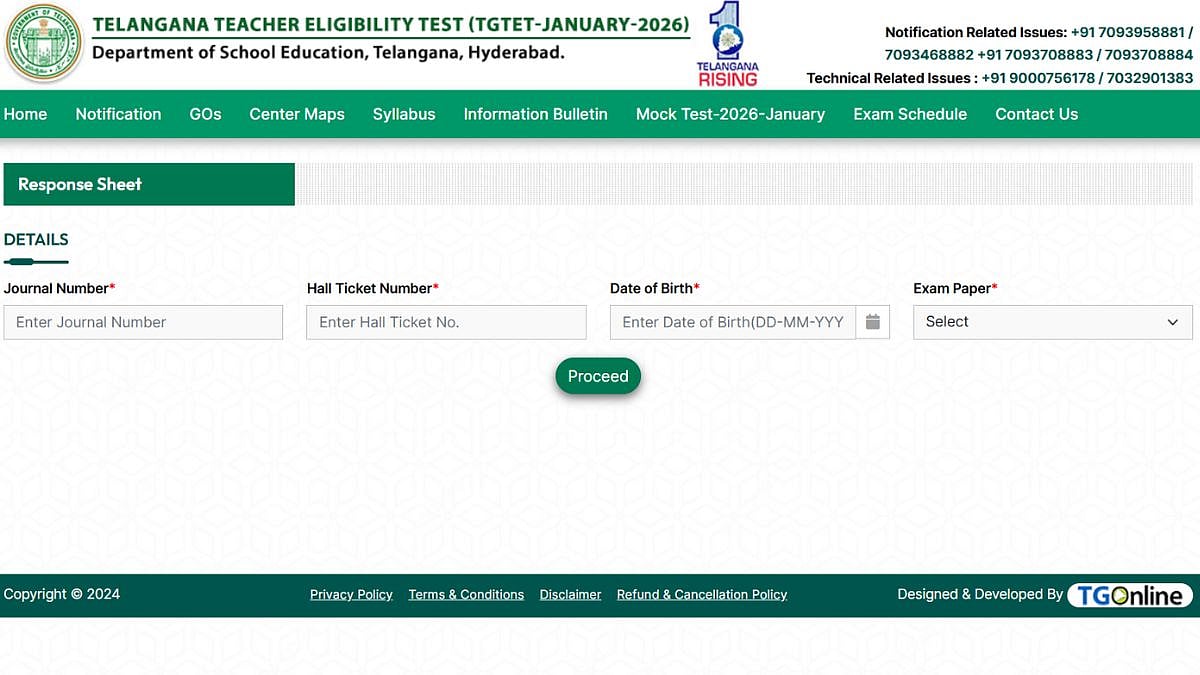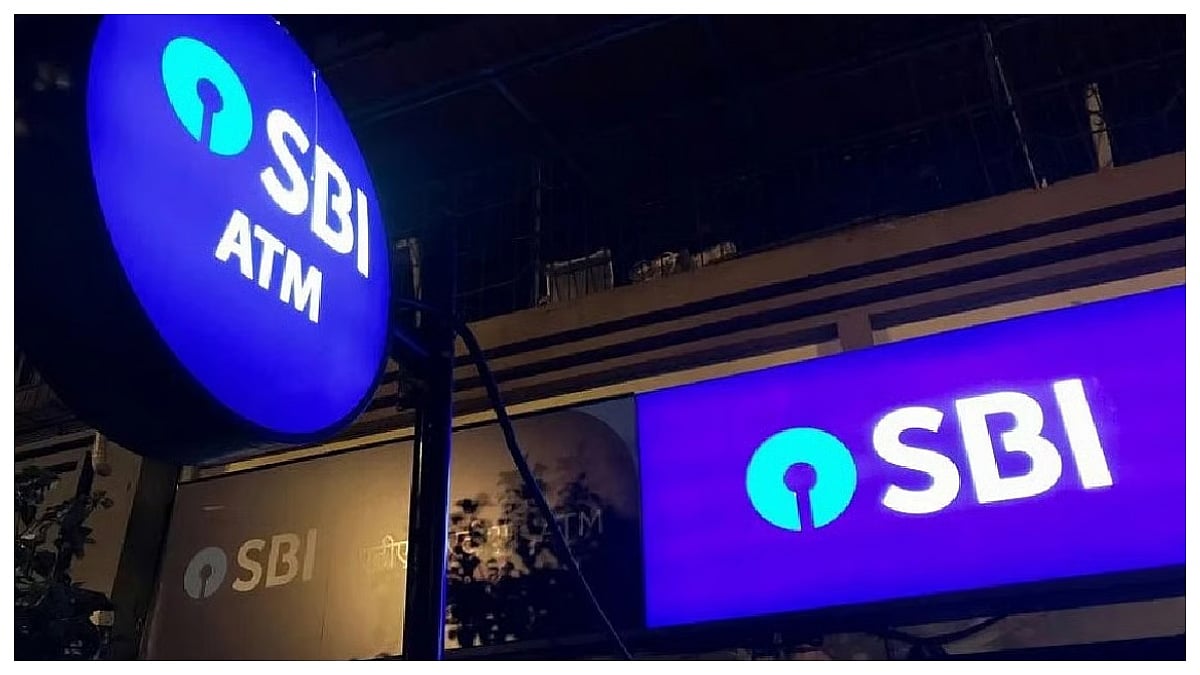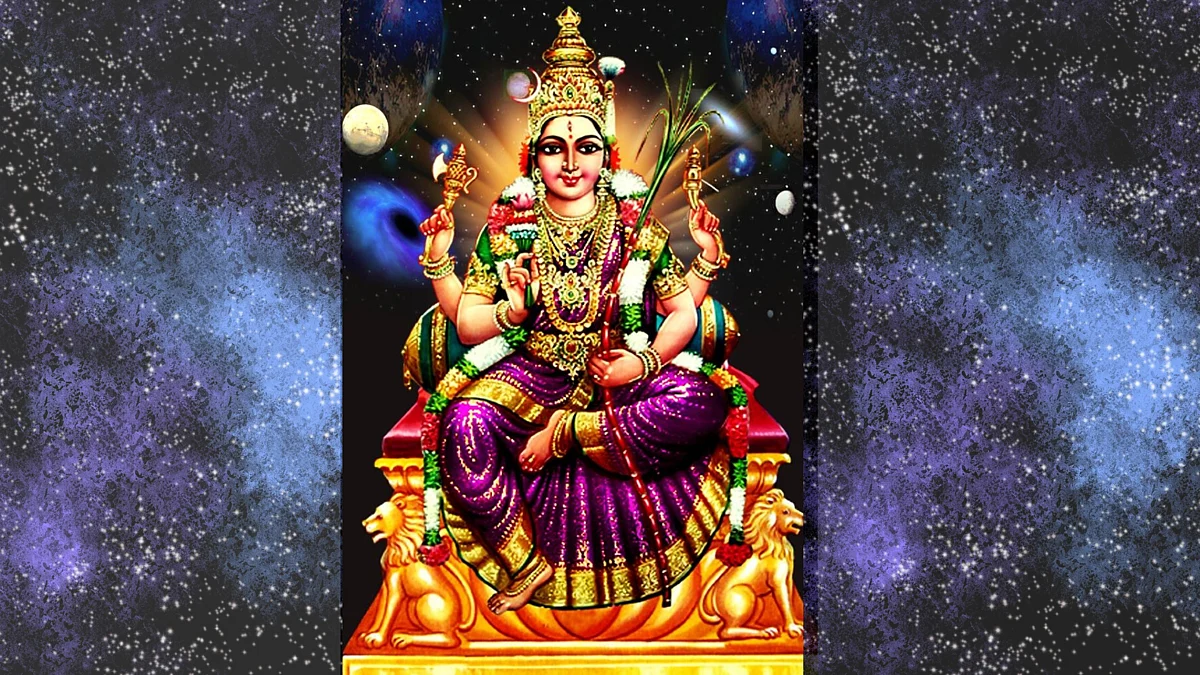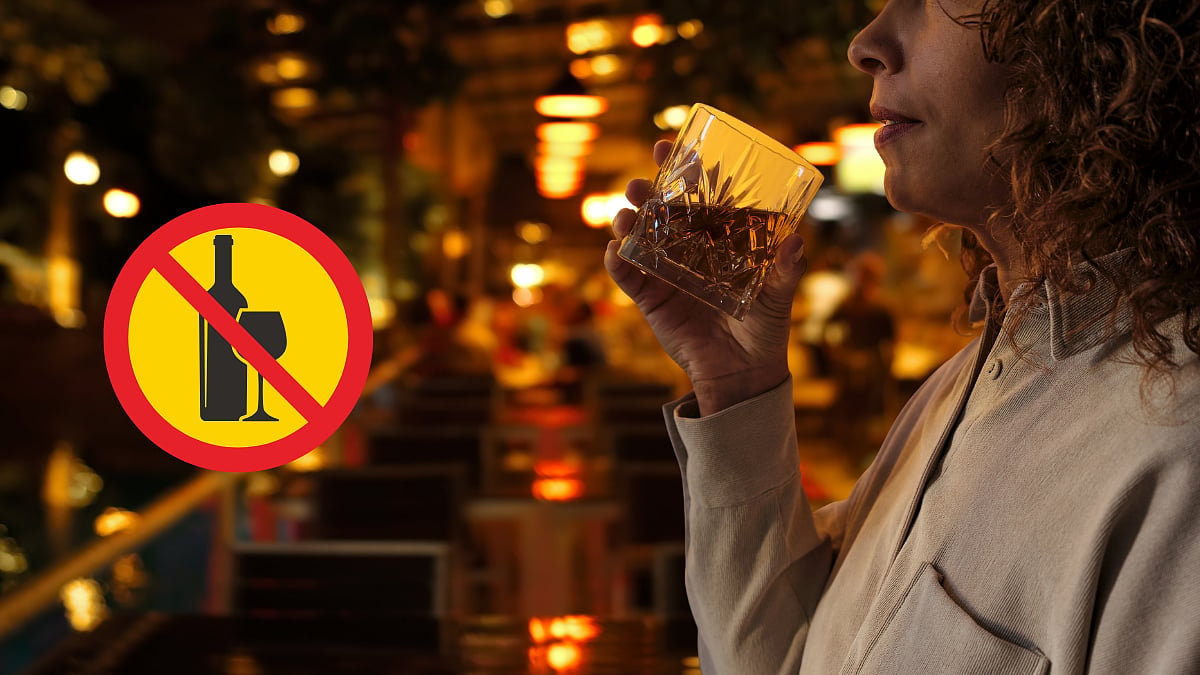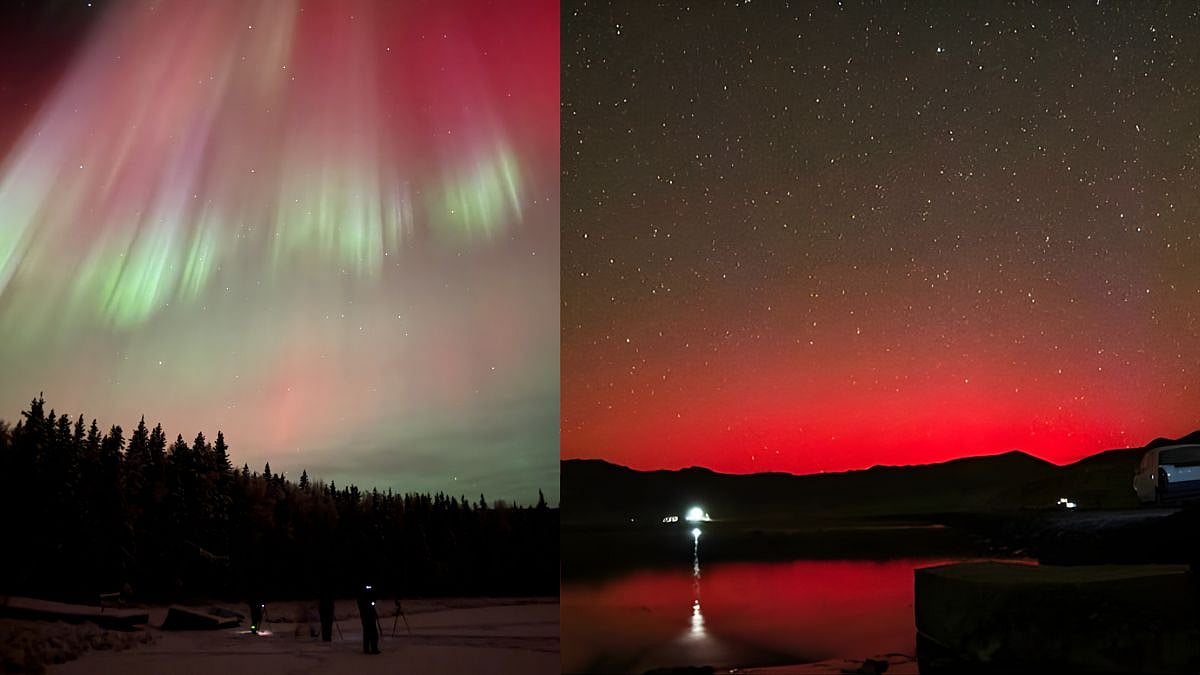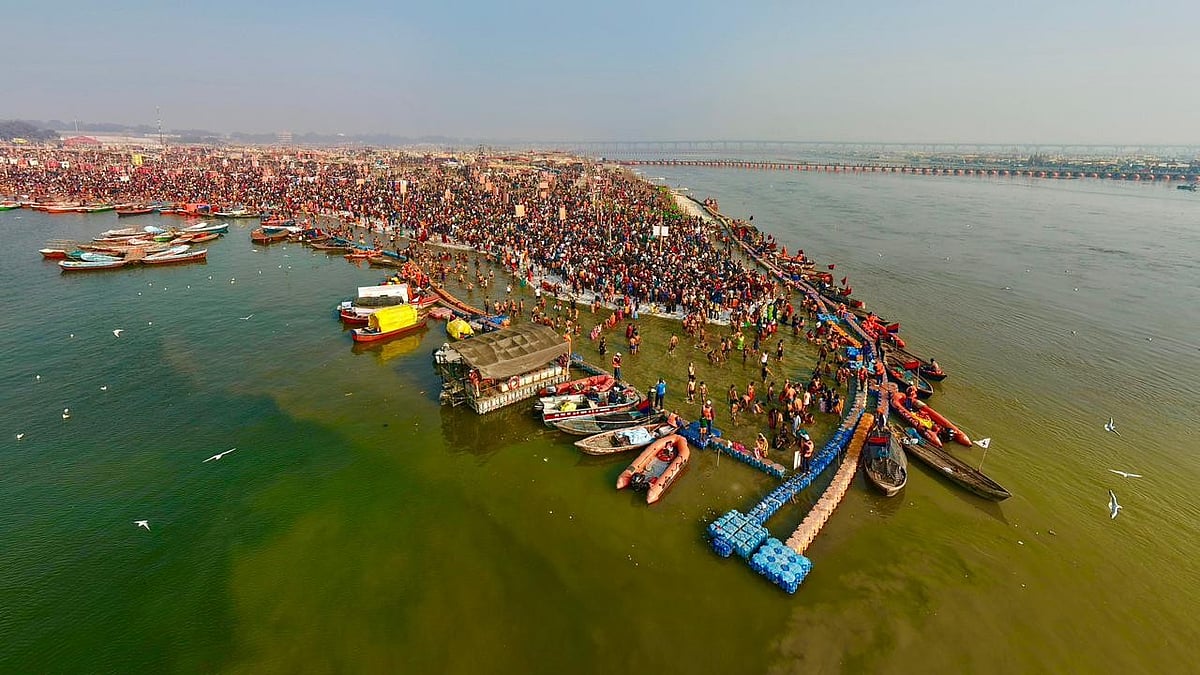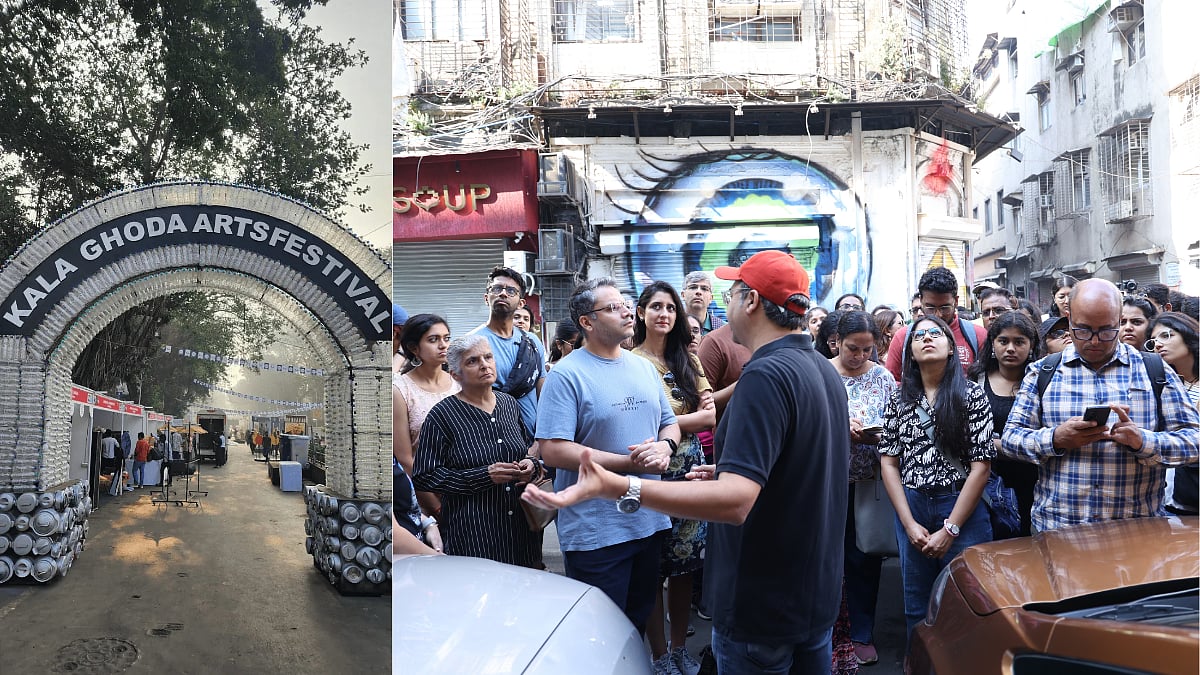The year 2020 will go on the record as one of the most extraordinary ones in the history of human civilisation. Riding on the pandemic wave the year altered several aspects of our lives (in some cases forever) — lifestyle, work culture, travelling choices, and more.
While 2020 barely gave us an opportunity to explore our wanderlust, it did also introduce new travel and tourism trends. Like, for instance, when several Indian states started easing lockdown restrictions, work from home was turned into workcations (people tired of being confined to their homes opted to head out to more scenic places and work from the lap of nature). From business travellers to families on self-drive excursions, or young professionals seeking workstation destinations, the hospitality sector opened a new chapter.
And, now, that people have started keeping work aside, and are slowly taking vacay breaks, picking the right place keeping Covid pandemic in mind is becoming a challenge — safety, hygiene, differentiated stay experiences are the current priorities. Today, many are unwilling to book hotel rooms, and instead prefer individual villas or standalone homes. And sites like Vista Rooms, MakeMyTrip, and others are offering such stay options for the discerning travellers.

Maitri Satra, Public Relations Executive with Kaizzen, decided to travel with her family when the lockdown was relaxed. “Being a Mumbaikar, staying indoors for months had been nearly impossible for me until lockdown. And, as soon as the restrictions were eased and unlock in a phased manner began, a vacation was much-needed. To take a casual break from the WFH schedule, Igatpuri turned out to be our closest getaway. Since the fear of being infected from coronavirus was looming over our heads, our safest option for that elongated staycation was a villa over any hotel or lifestyle resort. And the experience turned out amazing since all amenities like swimming pool, party pad, garden, etc. could be utilised, which wasn't possible in a resort or hotel. Our safety and privacy was taken care of at an expense which was quite pocket-friendly.”
Mehak Angoothiwala, a communications professional, echoes similar sentiments. “Coronavirus scare being persistent led my family to take a new route of exploring places to escape the mundane life. Hotels weren't a choice as they have a lot of families coming in, also there are a good number of staff members and anybody could be a carrier. Therefore, we chose a safer option that was open, spacious and closer to nature. Rizvi Farms in Neral, owned by a family friend, was the most suited and safe haven to travel to,” Mehak said.
“Being isolated from the city, the place allowed me to immerse in the raw beauty of nature. The experience was definitely second to none, especially during the times where we must ensure that the choices we make are good for both our mental as well as physical health. And, the best part was we weren't restricted to one room, especially when maintaining a safe distance and not wandering out in public is the need of the hour for the larger well-being of the society,” she added.
And since bungalows/ villas provide private space, they will continue to attract more travellers even in the post-pandemic world. “We may witness a trend where more people resort to such properties for the value that they add rather than spending money on luxurious hotels,” Mehak added.

The traditional in-stay checklist has now made way for questions like — does the stay ensure adequate social distancing, is there a private kitchen, can I have an extra room for help or support staff and so on.
Vipul Prakash, Chief Operating Officer, MakeMyTrip, shared his insights on the latest trend in the travelling sector. “With 2020 behind us, people are looking forward to strike-off vacation from their bucket list after being home-bound for long. As safety and hygiene remain key decision-making factors for travellers, we have noticed a higher preference for premium hotel properties that have comprehensive safety and sanitization protocols during the stay along with lucrative deals and add-ons. Many travellers are looking for vacation lodging that do not have the hustle and bustle of hotels, and are picking alternative accommodations including private villas and independent homestays. These properties are seeing high demand as they manage to check-off various parameters such as social distancing, private kitchen, room for help/support staff etc.”
Talking about how companies are working to give better services to their customers, Rohit Kapoor, Chief Executive Officer, OYO India & South Asia, said: “The pandemic presented an opportunity for us to build a ‘resilient OYO’. Last year, we leveraged technology in a big way by offering meaningful solutions to our consumers, partners and employees in the new normal. We focused on continuously delivering a high-quality experience to our customers as part of our ‘Sanitised Stays’, ‘Contact-less check-ins’ and ‘Sanitised Before Your Eyes’ initiatives while adding value to the experience of our asset partners with improved occupancy and revenue.”
He also said that travel booking trends suggest that India is ready to travel again. “The demand we are witnessing is fairly distributed and holiday patterns have changed tremendously. With WFH and flexible work hours, today, families don’t necessarily have to plan their holidays around school calendars, weekends or holiday seasons. We believe that leisure markets will see a fair share of pent up demand spurt before witnessing steady occupancy in 2021. With travel restrictions opening up gradually and vaccination drives starting globally we are hopeful that we will make the best out of whatever 2021 has to offer,” Kapoor added.
Before the coronavirus wreaked havoc, Indians rarely considered homestays and villas as an option. But, now in light of new developments and the need to spend some ‘family-bonding’ or ‘me’ time, private places are emerging as the winners.
What is a contactless check-in?
Guests can check-in through app or website (of the platform you are booking through, example—OYO, Vista Rooms, MakeMyTrip, etc) thus eliminating the need for a physical check-in process on arrival. Once guests arrive at the hotel, they will only need to pick the sanitised key card at the reception desk, allowing them to directly head to their room. This process enables social distancing and reduces the risk of infections while checking in.
Average cost of a homestay and villa in Maharashtra
Price depends on the location and your requirement. It can be as low as Rs 8,000/night for a three-bedroom villa or as high as Rs 51,000/night for seven bedrooms.


